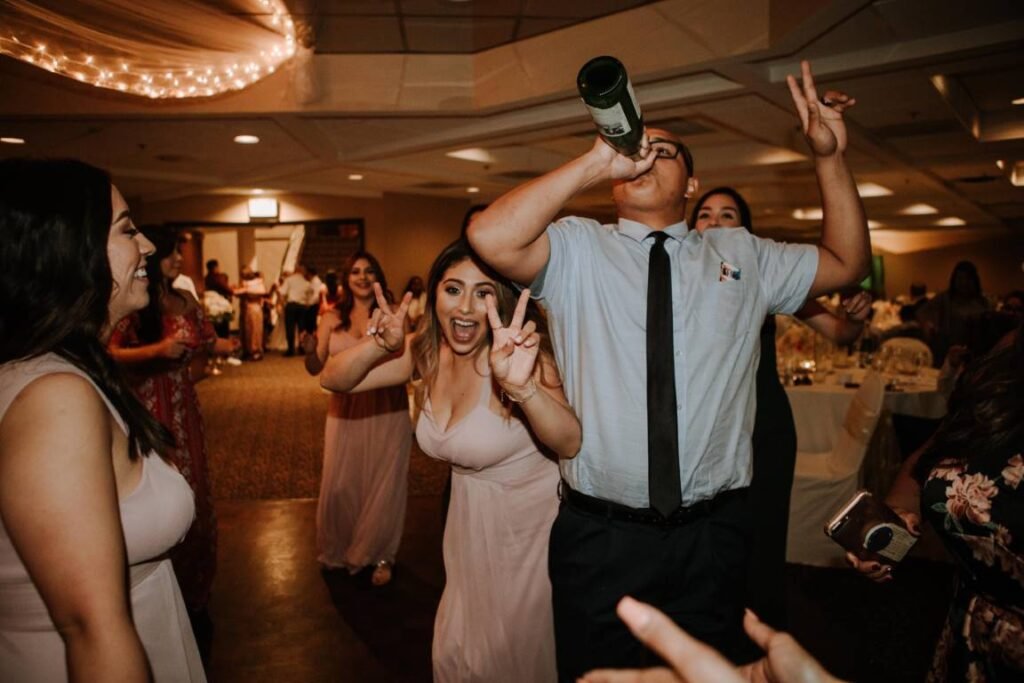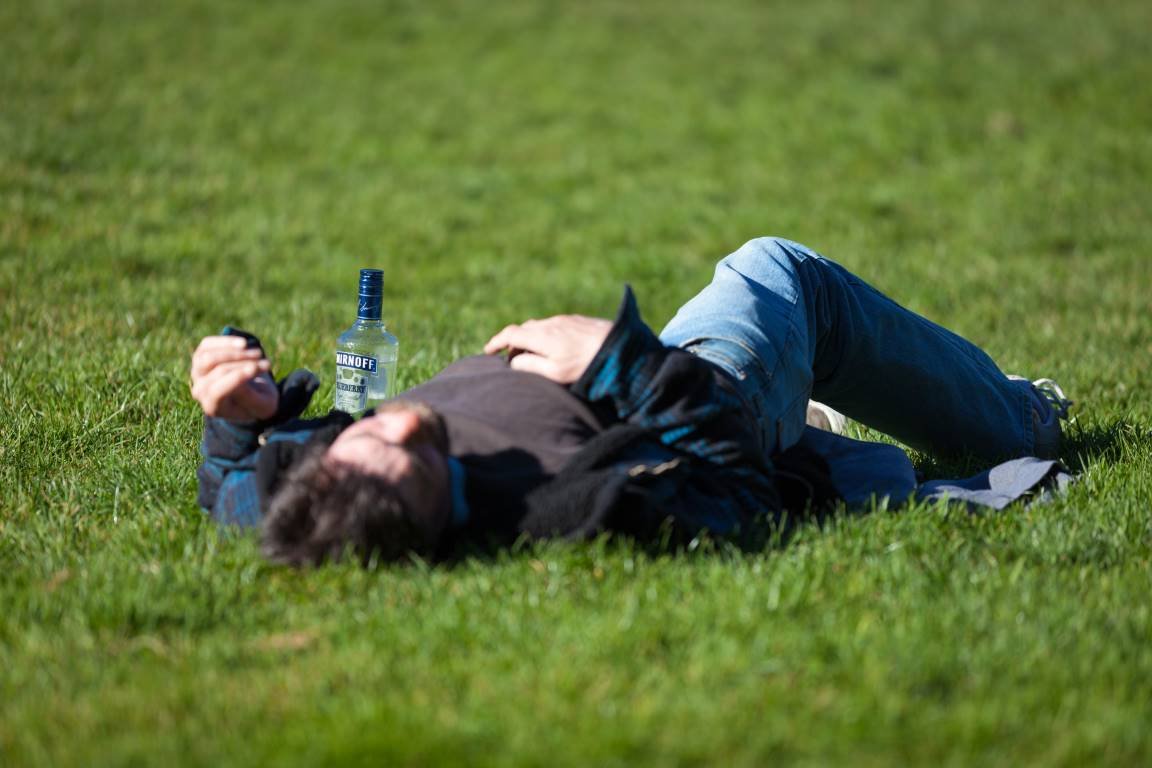When it comes to alcohol consumption, moderation is key. Drinking in excess can lead to a variety of negative consequences, both for your health and overall well-being. To help you moderate your alcohol intake and avoid over-intoxication, here are some valuable tips to keep in mind:
1. Pace Yourself
One of the most effective ways to avoid over-intoxication is to pace yourself while drinking. Sip your drink slowly and avoid drinking too quickly. Take breaks in between drinks and allow your body enough time to process the alcohol.
2. Set a Limit

Before you start drinking, establish a personal limit for yourself. Determine the number of drinks or alcohol units you feel comfortable consuming and stick to that limit. Setting boundaries beforehand can help you maintain control and prevent over-intoxication.
3. Choose Lower Alcohol Content Drinks
Opting for drinks with lower alcohol content can be a smart strategy for moderating your alcohol intake. For example, choosing a light beer or a wine with a lower alcohol percentage can reduce the overall amount of alcohol you consume.
4. Alternate with Non-Alcoholic Beverages
To slow down your alcohol consumption and stay hydrated, alternate alcoholic drinks with non-alcoholic beverages. Drink a glass of water or a non-alcoholic mocktail in between alcoholic beverages. This practice not only helps you moderate your alcohol intake but also keeps you hydrated.
5. Be Mindful of Drink Sizes
Pay attention to the size of the drinks you order or pour for yourself. Larger glasses or servings can make it challenging to track your alcohol intake accurately. Stick to standard drink sizes and avoid super-sized or oversized portions.
6. Avoid Drinking Games or Challenges
Participating in drinking games or challenges can lead to excessive alcohol consumption. These activities often encourage rapid and excessive drinking, which can quickly push you past your limits. It’s best to steer clear of such games to maintain control over your alcohol intake.
7. Eat Before and During Drinking
Having a meal before you start drinking can help slow down the absorption of alcohol into your bloodstream. Additionally, eating snacks or appetizers while you drink can also help regulate alcohol absorption and reduce the risk of over-intoxication.
8. Know Your Body’s Reactions
Pay attention to how your body reacts to alcohol. Different individuals may have varying sensitivities to alcohol, and it’s essential to understand how it affects you personally. If you start feeling intoxicated or experience any discomfort, it’s a sign to slow down or stop drinking altogether.
9. Avoid Peer Pressure

Don’t let peer pressure influence your alcohol intake. It’s essential to drink at your own pace and stay true to your personal limits. Remember that everyone has different alcohol tolerances, and what works for others may not work for you.
10. Have a Designated Driver or Arrange Transportation
If you plan on drinking, always have a plan for getting home safely. Designate a sober driver among your group of friends, use public transportation, or arrange for a ride-sharing service. Drinking and driving can have severe consequences, and it’s crucial to prioritize your safety and the safety of others.
11. Be Mindful of Medication Interactions
If you’re taking any medications, be aware of potential interactions with alcohol. Some medications can have adverse effects when combined with alcohol. Consult with your healthcare provider or pharmacist to understand the risks and make informed decisions about drinking while on medication.
12. Monitor Your Alcohol Consumption
Keeping track of your alcohol intake can be helpful in moderating your consumption. Consider using a mobile app or writing down the number of drinks you’ve had. This self-monitoring technique allows you to be more aware of your alcohol intake and make adjustments as needed.
13. Choose Alcohol-Free Days
Incorporating alcohol-free days into your week can promote healthy habits and help prevent over-intoxication. Designate certain days as alcohol-free and use them as an opportunity to rest your body, mind, and liver.
14. Be a Responsible Host
If you’re hosting a gathering or event where alcohol will be served, take responsibility for your guests’ well-being. Offer non-alcoholic beverage options, ensure there is plenty of food available, and be attentive to your guests’ alcohol consumption. Encourage moderation and provide alternative activities to promote a well-rounded social experience.
15. Educate Yourself on Standard Drink Measurements
Understanding what constitutes a standard drink can assist you in monitoring your alcohol intake more effectively. Familiarize yourself with the alcohol content and measurements of different beverages, such as beer, wine, and spirits. This knowledge will empower you to make informed decisions about your alcohol consumption.
By implementing these tips and strategies, you can moderate your alcohol intake, avoid over-intoxication, and promote a healthier relationship with alcohol. Remember, responsible drinking is all about balance, self-awareness, and prioritizing your well-being.


